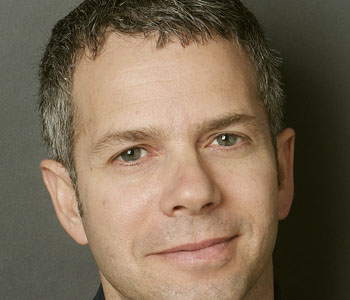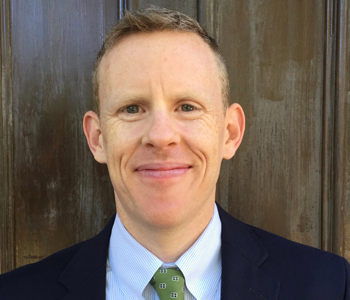My Rutgers-Newark colleague Frank Fischer sent me a couple of articles from the New York Times issue of November 14, 2011. They are about the bitterness of the current generation as common aspirations built up in the Postwar Era are dashed by crisis and also about the spread of the “Occupy” protests to college campuses.
All this reminds me of something I thought about quite a lot in the 1970s when I taught, among other things, American Politics and The Political Economy of American Foreign Policy at the University of York—reading William Appleman Williams’s The Tragedy of American Diplomacy, etc.
How can America adapt to the end of the frontier, ideologically, materially, politically, socially? The quasi-reality of the 17th to the 19th century, turned into myth in the 20th, was that there were empty lands (except for those pesky Indian savages), limitless natural resources, an endless supply of highly individually motivated immigrant and post-immigrant entrepreneurs and workers, and expanding markets everywhere.
This perception was compounded and spread beyond the US to Europe, Japan and elsewhere by the myth of the Post- World War II generation and the 1950s, which even Robert Reich succumbs to in his book Supercapitalism.
In a globalizing world, however, that is clearly no longer true.
In the 21st century, national governments are too small to provide the kind of public goods (international? transnational? global?) that are necessary to make things work, opening the way for transnationally organized cartels, lobbies, markets, mafias, etc., to increasingly control the allocation of resources and—pace David Easton—of values.
Can a regional institution like the European Union manage this situation for the common good (re the “common good”: I was taught by Straussian Aristotelians) and provide at least some of the transnational public goods that are needed? I doubt it. Bigger, but still too small.
And “global governance” is a washout, a bunch of talking shops dominated by fragile coalitions among increasingly neutered national governments led by transnationally emasculated technocrats—as shown by the current crisis of the Euro.
Is this transnational neopluralism—as in my book Rethinking World Politics? Or neomedievalism?
Today’s first 21st century generation will have much to be bitter about. But unfortunately their own airy-fairy proposals and their assumption that existing governance processes can address these problems are also naïve. Their faith in national governments, regional institutions, and so-called “global governance” is like generals fighting the last war.
The world is very different now. James Rosenau wrote about “fragmegration”—the combination of integration and fragmentation. I’m not sure how this is going to be addressed, at least at the level of existing political structures and processes.
The main hopes in my opinion are ones of bottom-up convergence, not top-down political systems:
* creeping democratization and especially pluralization (for example, as in the Arab Spring)—i.e. the growth of the middle classes in the Aristotelian manner and their common awareness of how their situation cuts across borders,
* the dramatic reduction of interstate violence and even civil wars in the last few decades,
* the relative liberalization of ideologies and religions within this context (with Islamic and American/Southern-style Christian fundamentalism just structurally doomed backlashes),
* the inevitable spread of multiculturalism through migration, diasporization, and information and communications technology.
There might even be some progress in financial market regulation through de facto convergence among the main international financial centers (Basel III, derivatives clearing, banning proprietary trading, maybe even Tobin taxes, etc.). But that is looking rather shaky at the moment. To use Gillian Tett’s phrase, from her book Fool’s Gold, markets and financial institutions are still “dancing around the regulators.”
Actually, I am cautiously optimistic on the whole, as I think there is still a lot of room for overall economic growth in the world and for the sort of bottom-up change I’ve described. But all this will be uneven and unstable—Alain Minc’s description of the New Middle Ages (1993) as “durable disorder.” A lot of “multiple equilibria,” as the economists say, no miracles, and a lot of failures—and inchoate protests—along the way.
New generations will have to feel their way in this environment through what the late anthropologist Claude Lévi-Strauss called bricolage, a word often translated colloquially from the French as “do it yourself” or “tinkering,” but in theoretical terms building up through ad hoc practices into complex social systems.
One can only hope that experience and experimentation will lead to an increasing capacity to confront and cope with these growing problems of global politics, maybe even to solve some of them.




